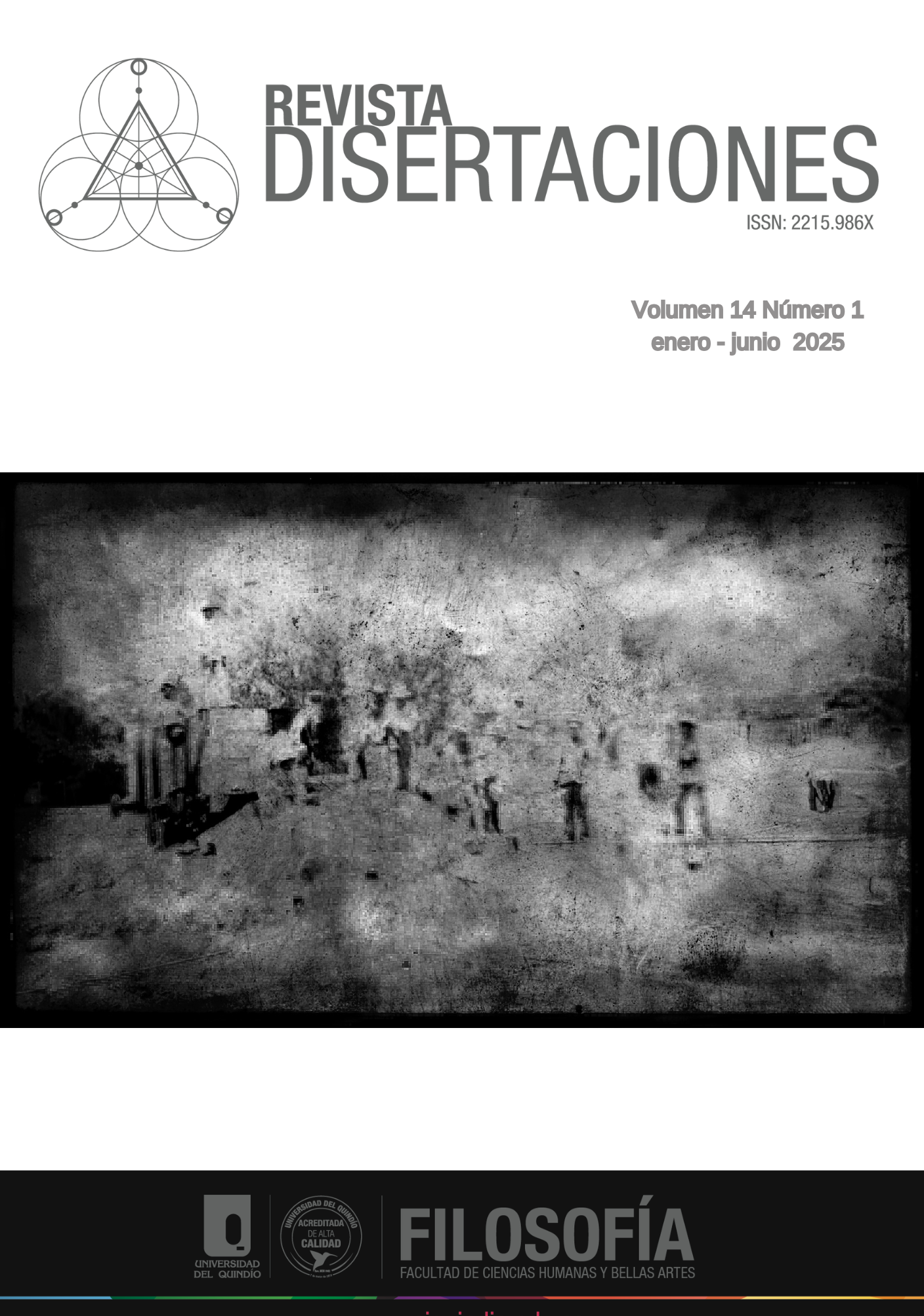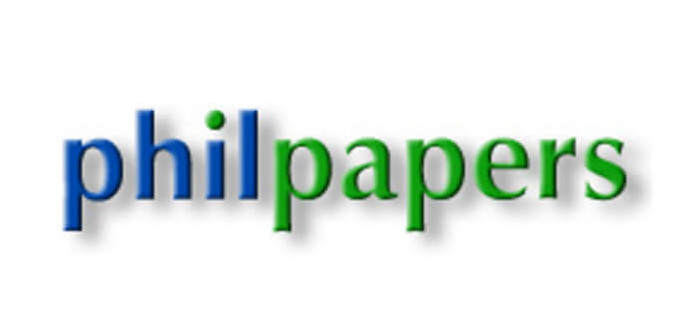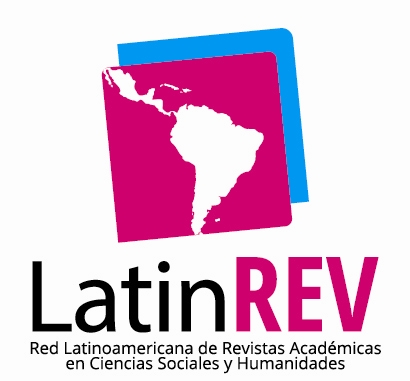Metaphysics and Meaning in Wittgenstein's Tractatus
DOI:
https://doi.org/10.33975/disuq.vol14n1.1471Keywords:
Absurd, Language, Metaphysics, Proposition, MeaningAbstract
In statement 6.54 of the Tractatus, Wittgenstein casts the grounds (the well-known metaphor of the stairs) on which certain porpositions are considered absurd and the concept of meaning is determined as a figurative expression of language. But if we throw away the stairs, we throw away the basis for discerning what is absurd. The first part of this paper attempts to address this problem, while the second part presents two readings (Diamond and Conant, on the one hand, and Hacker, on the other), which are alternatives for overcoming this problem and which, even so, have difficulties. For this reason, a third reading is proposed which aims to vindicate the role of metaphysics in Wittgenstein's thought. Such a reading allows us to think in a broader sense than the one proposed in the Tractatus, in a metaphorical sense that language constructs as images and that functions in the field of ethics.
References
Conant, James. “Throwing Away the Top of the Ladder”. Yale Review 79 (1991): 328-364.
___________. “The Method of the Tractatus”. From Frege to Wittgenstein. Perspectives on Early Analytic Philosophy. Ed. Erich H. Reck. New York: Oxford University Press, 2002. 374-462.
____________. “Mild Mono-Wittgensteinianism”. Wittgenstein and the Moral Life. Essays in Honor of Cora Diamond. Ed. Alice Crary. Cambridge: MIT Press, 2007. 31-142.
Diamond, Cora. Realistic Spirit. Wittgenstein, Philosophy, and the Mind. Cambridge: MIT press, 1991.
____________. “Ethics, Imagination and the Method of Wittgenstein’s Tractatus”. The New Wittgenstein. Ed. Alice Crary y Rupert Read. London y New York: Routledge, 2000. 149-173.
Goldfarb, Warren. “Metaphysics and Nonsense: On Cora Diamond’s The Realistic Spirit”, Journal of Philosophical Research XXII (1997): 57–73
Hacker, Peter. “Was he trying to whistle it?”. The New Wittgenstein. Ed. Alice Crary y Rupert Read. London y New York: Routledge, 2000. 353-388.
McGuinness, Brian. “The So-called Realism of Wittgenstein’s Tractatus”. Perspectives on the philosophy of Wittgenstein. Ed. Irving Block. Cambridge: MIT Press, 1981. 60-73.
Murdoch, Iris. La soberanía del bien. Madrid: Caparrós Editores, 2001.
Ramsey, Frank. “General propositionas and causality (1929)”. Philosophical Papers. Ed. David Hugh Mellor. New York, 1990, 145-163.
Wittgenstein, Ludwig. “A Lecture on Ethics”. The Philosophical Review 74/1. 1965: 3-12.
_________________. Investigaciones filosóficas. Madrid: Gredos, 2009.
_________________. Tractatus logico-philosophicus. Madrid: Alianza Editorial, 2015.

Downloads
Published
How to Cite
Issue
Section
License
Copyright (c) 2025 Juan Sebastián Quimbayo Camelo

This work is licensed under a Creative Commons Attribution-NonCommercial-NoDerivatives 4.0 International License.














